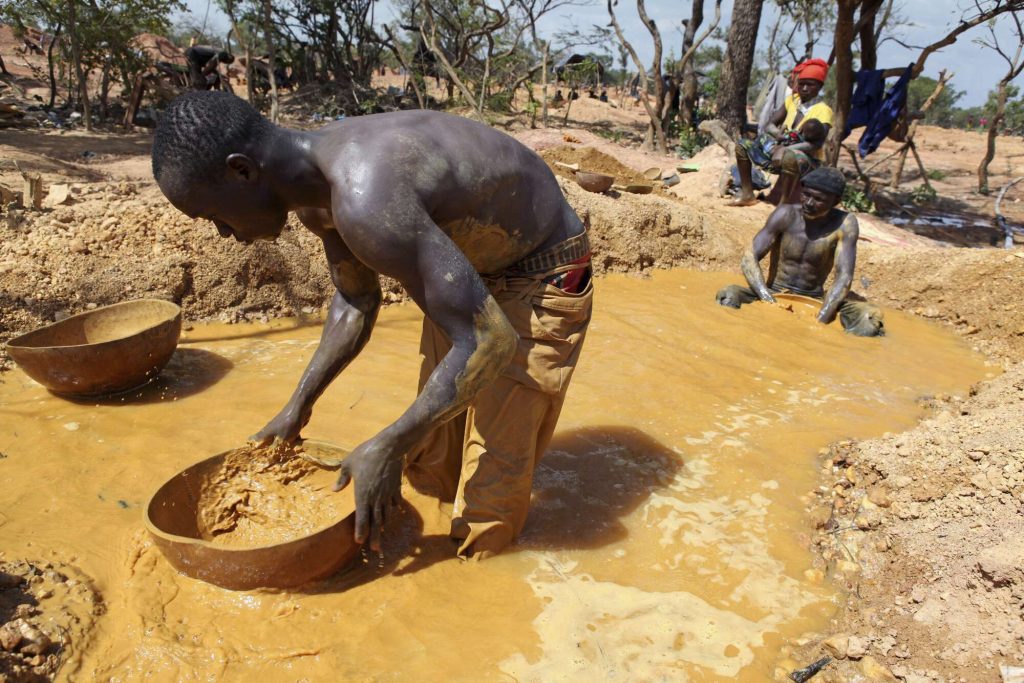On Tuesday, Senegal announced a temporary halt to mining activities along the bank of the Faleme River, which forms part of its southeastern border with Mali. This decision, which is crucial for the well-being of the local community, aims to safeguard the environment and protect the health of local residents.
The Faleme River, a major tributary of the Senegal River, is experiencing severe pollution due to the heavy use of chemicals in the region’s booming artisanal gold mining sector. Thousands of people rely on the river for farming and feeding their livestock.
“This worrying situation calls for strong measures on the part of the national authorities to find a fair solution to the incessant complaints from people living along the river,” Senegal’s Ministry of Mines reported last week.

According to a presidential decree issued on Tuesday, the suspension, which will last until June 30, 2027, covers a 500-metre (1,600-foot) radius along the left bank of the Faleme River. Additionally, the issuance of new mining permits has been put on hold.
The Kedougou region in southeastern Senegal, where the Faleme River is located, has been experiencing a gold rush for about 20 years. This influx of people from across West Africa seeking fortune has increased illegal mining activities.
The Ministry of Mines’ report emphasised that the situation “requires the mobilisation of strategies and measures to preserve the Faleme, protect the environment, ensure social stability, and guarantee order and security.”
In 2014, Senegal established a designated zone for artisanal gold mining to regulate the activity.
Senegal’s neighbour, Mali, has been under military rule since a 2020 coup and is currently facing jihadist violence and a complex crisis.


